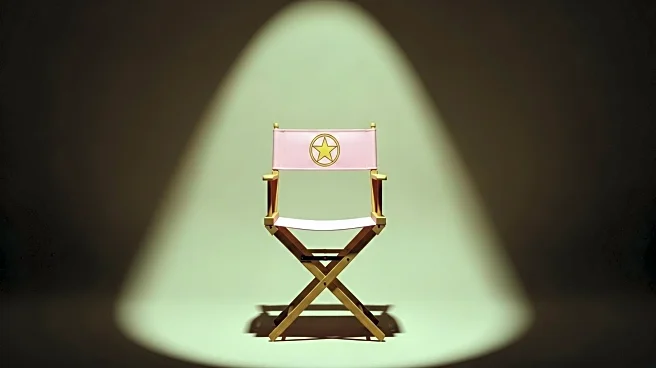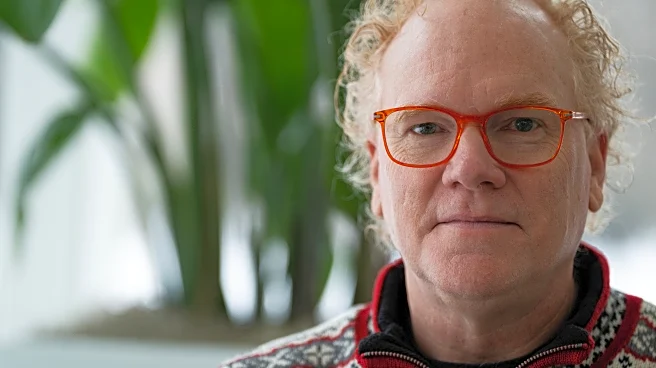What's Happening?
Reese Witherspoon recently shared insights into her experience with director David Fincher during the casting process for the film 'Gone Girl.' Despite having the support of the film's writer, Gillian Flynn, Witherspoon was informed by Fincher that she was not suitable for the role of Amy Dunne, which ultimately went to Rosamund Pike. Witherspoon recounted this experience during an appearance on the podcast 'Las Culturistas,' hosted by Bowen Yang and Matt Rogers. She described the moment as an 'ego check,' acknowledging Fincher's decision as correct. Witherspoon noted that her public persona might have influenced Fincher's decision, as she brings an audience that expects her to portray likable characters. Despite the setback, Witherspoon praised Pike's performance and emphasized the importance of prioritizing the story's needs over personal ambitions.
Why It's Important?
This revelation highlights the challenges actors face in Hollywood, even those with established careers like Reese Witherspoon. It underscores the importance of casting decisions in shaping a film's narrative and audience reception. Witherspoon's experience also sheds light on the transition from acting to producing, illustrating the hurdles she encountered in being taken seriously in her new role despite her success. Her story is a testament to the evolving dynamics of the entertainment industry, where actors must navigate complex relationships and decisions that impact their careers. It also reflects broader themes of professional growth and the acceptance of constructive criticism.
What's Next?
While Witherspoon has moved past the 'Gone Girl' casting decision, she continues to focus on her producing career. Her experience with 'Gone Girl' and subsequent projects like 'Big Little Lies' have helped establish her credibility as a producer. Witherspoon's journey may inspire other actors to explore producing roles and advocate for creative control in their projects. As she continues to produce and act, her experiences may influence industry practices regarding casting and production decisions.
Beyond the Headlines
Witherspoon's story touches on the broader issue of typecasting in Hollywood, where actors are often pigeonholed into roles that align with their public image. Her experience with Fincher highlights the tension between artistic vision and commercial expectations. Additionally, it raises questions about the role of gender in casting decisions and the challenges women face in gaining recognition as producers. Witherspoon's candid discussion may encourage more transparency and dialogue about these issues within the industry.










